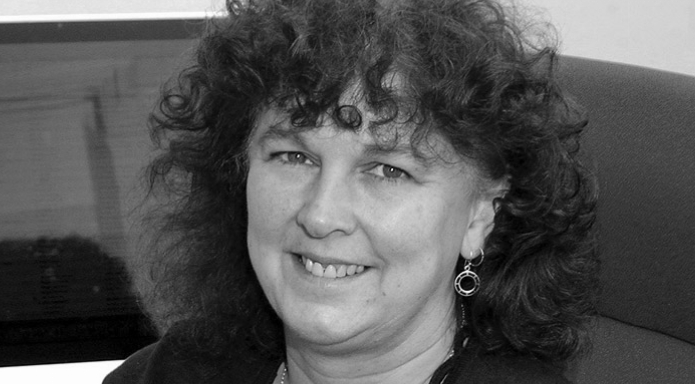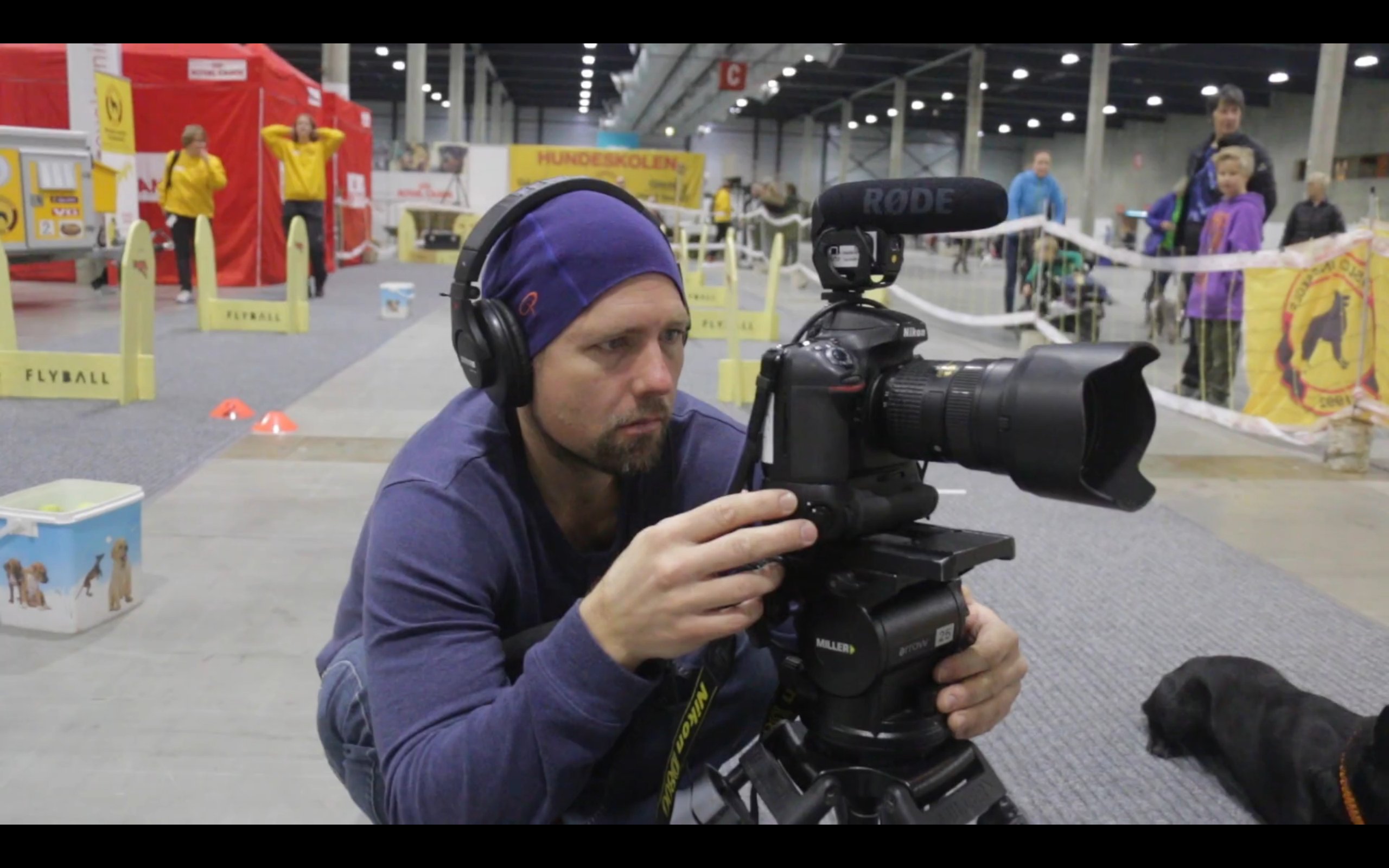Collaboration is the Launchpad for Space Exploration and the UK Space Agency

“Space, by its very nature, is collaborative. The International Space Station is an international endeavour. It has to be. To get things into space is still a huge collaborative effort and a difficult challenge. We have to work together to make it happen.”
Libby Jackson, Human Space Flight and Microgravity Programme Manager, UK Space Agency
The International Day of Human Space Flight celebrates and commemorates one of the pinnacles of human endeavour: when we first sent a human being into space. Yuri Alekseyevich Gagarin was a Soviet pilot and cosmonaut and the first human to journey to outer space when his Vostok spacecraft completed an orbit of the Earth on 12th April, 1961. It was a pivotal moment in the space race between the USA and the USSR that put space exploration and landing a man on the moon in the forefront of everyone’s minds.
Fast forward to 2018 and the European Space Agency and the global space economy is growing at 8.1%, driving significant growth in manufacturing industries across Europe. And, the UK Government has passed the UK Space Industry Bill, (now the Space Industry Act since it received Royal Assent) paving the way for a UK spaceport in 2020. What better way to celebrate this fantastic success story on International Day of Human Space Flight than with a conversation with Libby Jackson, Human Space Flight and Microgravity Programme Manager at the UK Space Agency. “It’s great news that the Space Flight Bill received a Royal Assent and passed,” says Libby. “It lays the groundwork for the infrastructure needed for us to build spaceports and have launch capabilities here in the UK for sub-orbital satellites and rockets.”
“The main purpose of my job is to look after the extensive research community and industry in the UK who are carrying out research on the International Space Station and other space analogue facilities around the world,” continues Libby. “I work with academics up and down the country, across industries, and other space agencies. I look after the strategy, policy and budgets that enable this valuable research to take place.”
Collaboration throughout the supply chain and even across borders is critical to the success of any space mission, but it also plays a valuable role in shaping the future of the UK Space Agency. “We use all sorts of tools and technologies to make everything happen,” explains Libby. “It’s a wonderfully flexible place to work and we get to interact with some remarkable people from all over the world. We collaborate with some of the research community’s leading lights. We work together with scientists, engineers and mechanics from all over the world. Every day is inspiring and exciting, shaping what and where to research next; and none of it would work without collaboration.”
As part of the UK Space Agency’s remit, it must propose new research ventures and secure funding from the UK Government. “We recently put a call out for ideas for research ideas for the International Space Station,” says Libby. “They have come in from all across the country. These ideas will then be subject to a peer review process and a project review panel before some are selected to be conducted on board the ISS.”
“I’ve said it before but collaboration is essential,” continues Libby. “I work with 20 to 30 universities and many individuals within each. They share their work with us through tools such as Dropbox, giving us easy access to their most up-to-date research. We also communicate with other industry bodies, the supply chain and beyond. Our team probably communicates with hundreds of individuals and businesses regularly and each one is essential in some way to every mission.”
“The International Day of Human Space Flight is a poignant moment for us,” says Libby. “It’s a chance for everyone involved in the industry to take a moment and celebrate the birth of a truly exciting and inspiring industry within which to work. We also take the opportunity to look to the future and to everything else that is left to discover.”
As a final question, we asked Libby if she had any advice for those fascinated by space and wanting to make a career in the industry. “The great thing about the space sector is that it is so wide-ranging,” she says. “Astronauts are the visible part, but they are just one small part of it. We employ people from all walks of life. We need engineers, technicians, mechanics, comms professionals, space lawyers (yes really), doctors and parachute manufacturers. There is every conceivable role imaginable in the sector and it is growing.”
Find out how Dropbox is helping the Search for Extraterrestrial Intelligence (SETI) Institute make new discoveries here. Or find out how universities use Dropbox to deliver speed and consistency in research to shape tomorrow’s future by heading to our education section, here.





